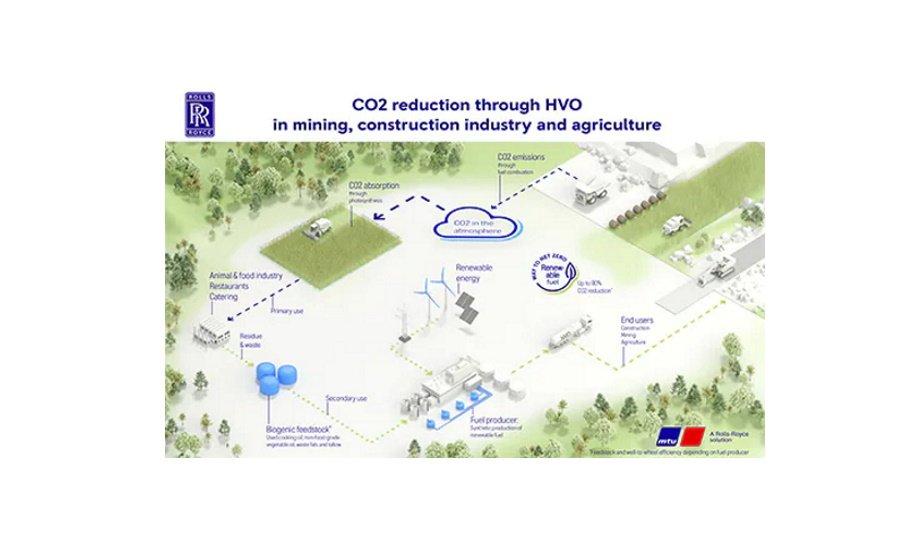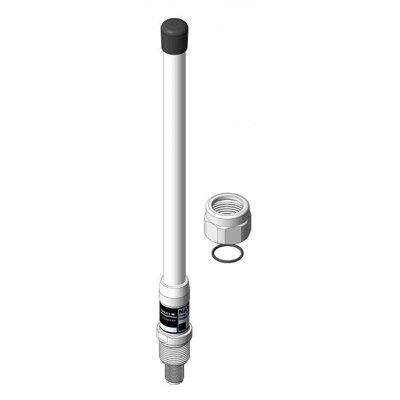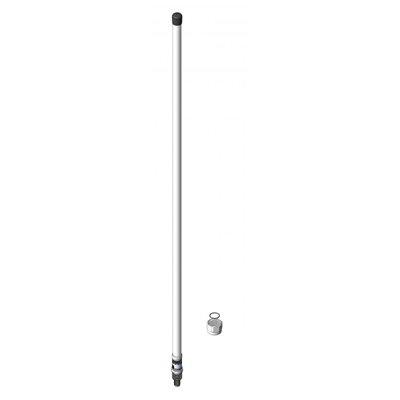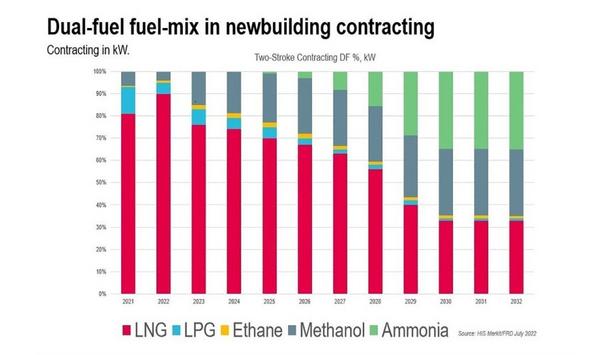Rolls-Royce is taking an important step towards a more climate-friendly future in construction equipment, industrial applications, agriculture and mining with the approval of mtu Series 1000, 1100, 1300, 1500 and 4000 engines for sustainable fuels.
The mtu Series engines
The mtu Series 1000, 1100, 1300 and 1500 engines – and therefore, the entire Rolls-Royce product portfolio for these applications – have already been approved for use with EN15940 paraffinic diesel fuels following successful bench testing.
Many mtu engines for mining applications of the Series 4000 will be released for the sustainable fuels
This year, many mtu engines for mining applications of the Series 4000 will also be released for the sustainable fuels. Engines for emissions regulations EU Stage V will follow.
Sustainable synthetic fuels
Sustainable synthetic fuels include BtL (Biomass to Liquid), HVO (Hydro-treated Vegetable Oil) and PtL (Power to Liquid), such as e-diesel. To convert from conventional diesel fuel made from fossil petroleum to synthetic fuels of the EN15940 standard, no adaptation of existing engines is necessary.
“The use of sustainable fuels enables our industrial, agricultural and mining customers to significantly reduce greenhouse gas emissions – without compromising performance compared to conventional diesel,” said Dr. Lei Berners-Wu, Vice President Global Industrial at Rolls-Royce business unit Power Systems.
HVO use reduces CO2, nitrogen oxide and particulate emissions
Waste vegetable and animal fats, and used vegetable oils can be used as base materials for HVO, which are converted into hydrocarbons by means of a catalytic reaction with the addition of hydrogen. Through this process, the properties of the fats and vegetable oils are adapted to diesel fuel and can supplement it as an admixture or replace it completely.
The benefits of HVO are clean combustion with reductions in particulate emissions of up to 80 percent
The benefits of HVO are clean combustion with reductions in particulate emissions of up to 80 percent, nitrogen oxide emissions by an average of eight percent, and (depending on the manufacturing process and feedstock) CO2 emissions by up to 90 percent compared to fossil diesel.
Because HVO fuel is produced from renewable raw materials, its combustion only generates about as much greenhouse gas as were absorbed by the plants during the growth of the biomass. Thanks to its production from residual and waste materials, there is no competition with food production.
Reduce GHG emissions with new fuels and mtu technologies
Rolls-Royce announced in 2021, as part of its sustainability programme - ‘Net Zero at Power Systems’ that it would realign its product portfolio so that by 2030, new fuels and mtu technologies can reduce greenhouse gas emissions by 35 per cent, when compared to 2019.















